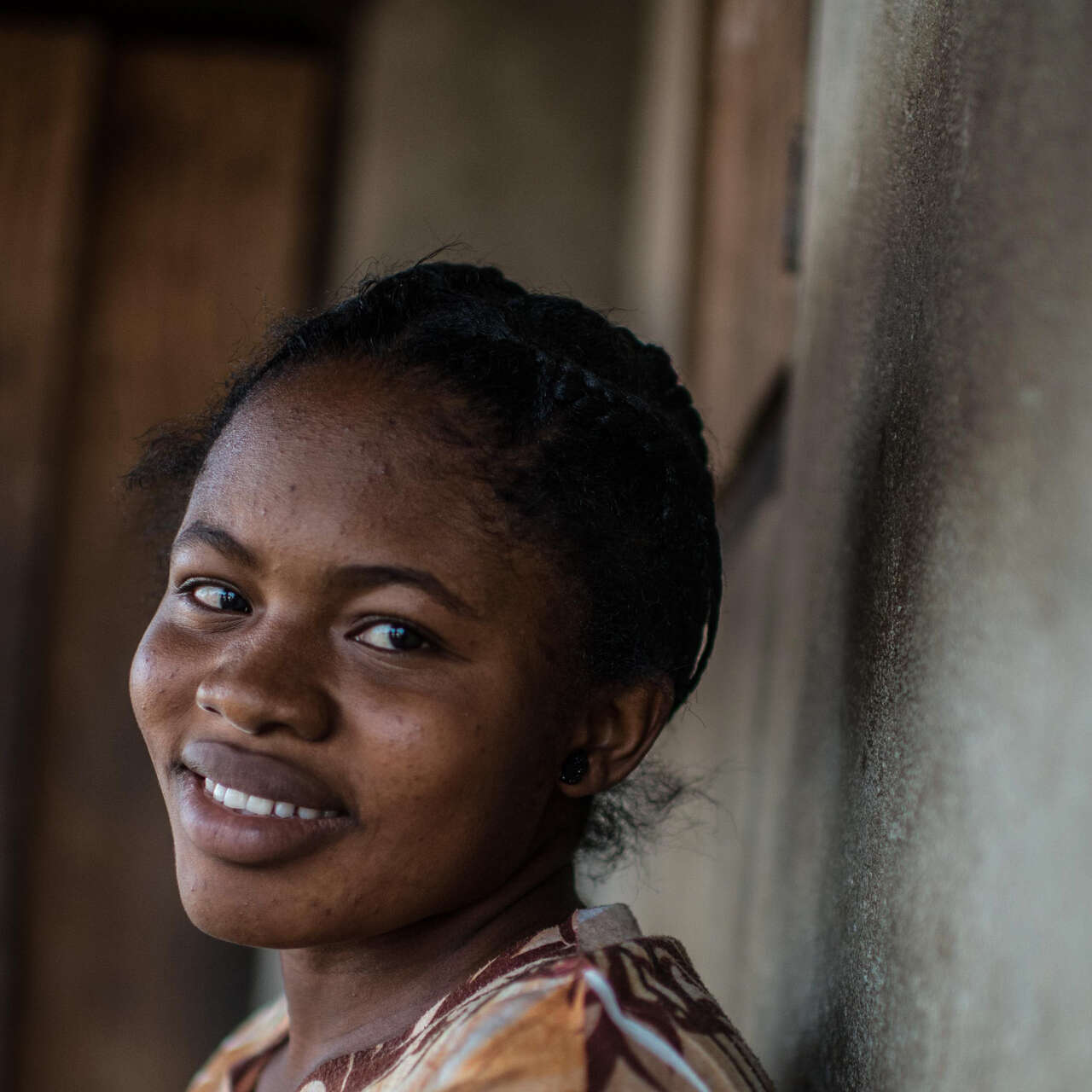Country facts
- Population: 4,195,666
- Number of refugees: 22,272
- Rank in Human Development Index: 178 of 191
IRC response
- Started work in Liberia: 1996

The International Rescue Committee provides vital support to Liberians recovering from a 14-year civil war as well as the worst Ebola epidemic in history.